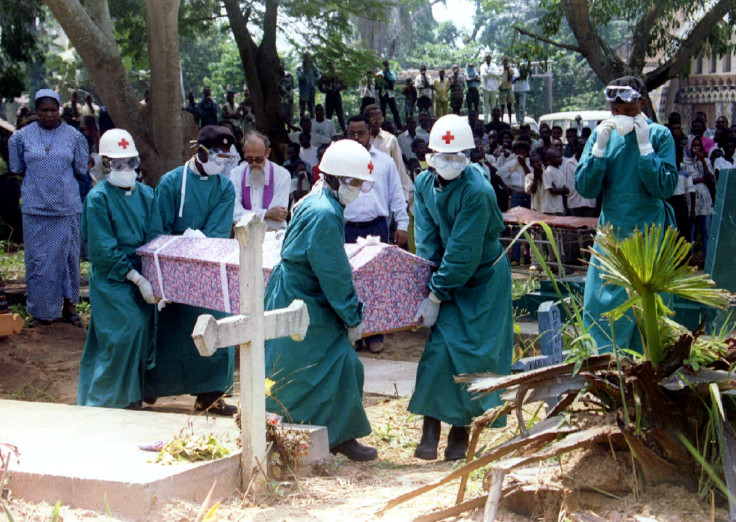Disease X Will Kill 80 Million In 36 Hours, WHO Panel Warns

A report by an independent monitoring body assembled by the World Health Organization (WHO) and The World Bank warned that a new pandemic could wipe out up to 80 million people in just 36 hours. According to the report, there are various factors in today’s society that can easily cause Disease X to spread rapidly across the world.
Disease X is a codename designated for an unknown pathogen that has the potential to cause a deadly epidemic or pandemic in the future. It has been included in WHO’s priority list of dangerous diseases along with the Ebola virus.
In preparation for the possible arrival of Disease X, the Global Preparedness Monitoring Board (GPMB), which was co-convened by WHO and The World Bank, released its first annual report. It provides an assessment of how a new deadly disease will affect the world.
As indicated in the GPMB’s report, today’s worsening conditions can amplify the spread and effects of a new disease.
“Outbreaks hit lower-resourced communities much harder given their lack of access to basic health services, clean water and sanitation; this will aggravate the spread of any infectious pathogen,” the organization stated.
“Disease amplifiers, including population growth and resulting strains on the environment, climate change, dense urbanization, exponential increases in international travel and migration, both forced and voluntary, increase the risk for everyone, everywhere,” it added.
According to the GPMB, if the world gets hit by a disease similar to the Spanish flu, which is regarded as one of the deadliest pandemics in history, around 80 million people could die in less than two days.
“The world is not prepared for a fast-moving, virulent respiratory pathogen pandemic,” the organization stated. “The 1918 global influenza pandemic sickened one third of the world population and killed as many as 50 million people – 2.8% of the total population.”
“If a similar contagion occurred today with a population four times larger and travel times anywhere in the world less than 36 hours, 50-80 million people could perish,” the GPMB added.
Aside from the extremely high death toll, a pandemic of this scale could cause the public to believe that national governments are incapable of keeping them safe. This could lead to wide-scale destabilizations and economic breakdowns.
© Copyright IBTimes 2025. All rights reserved.





















